Premium Only Content
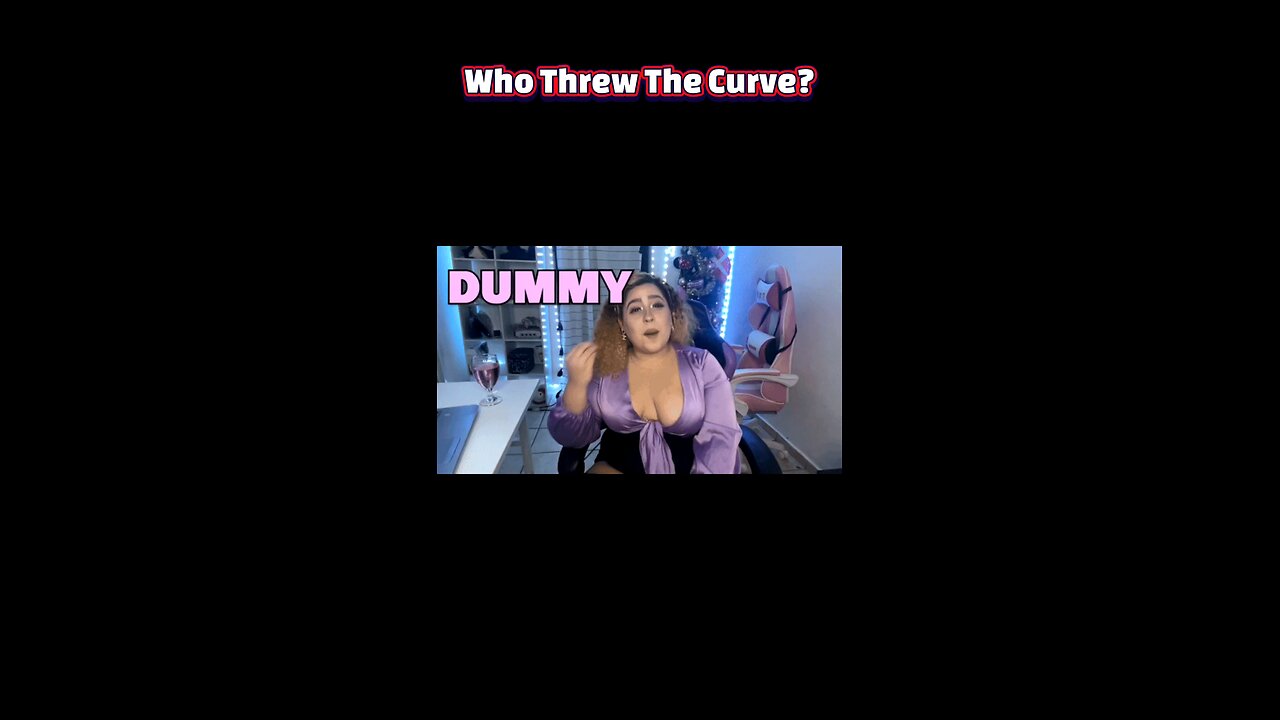
Why You Act the Way You Do: The Wound You Forgot You Had
#BehaviorDecoded #PsychologyExplained #EmotionalHealing #TraumaToTransformation #MindsetMatters #UnpackYourWounds #BeliefSystems #MentalHealthAwareness #SelfDiscoveryJourney #HealingStartsHere
At first glance, human behavior can seem chaotic, irrational, or stubbornly patterned, but it rarely emerges from thin air. Whether it’s defiance in a classroom, aggression in a meeting, or silence at a family dinner, behavior is often a signal, a manifestation of a deeper belief shaped by lived experience. The phrase “behind every behavior there's a belief” isn’t just poetic psychology; it’s a compass for understanding what drives us.
Beliefs act as emotional algorithms. They govern our reactions, shape our worldview, and serve as shortcuts for complex processing. If someone believes the world is unsafe, they might behave defensively or avoid vulnerability. If someone believes they’re unworthy, their behavior may skew toward self-sabotage or perfectionism. These beliefs aren’t innate truths; they’re conclusions drawn from past wounds, small traumas, moments of neglect, or unmet emotional needs that leave lasting imprints.
The connection between belief and wound is where the real story begins. A wound could be as glaring as childhood abuse or as subtle as chronic invalidation. Over time, these experiences calcify into beliefs: “I’m not good enough,” “I can’t trust anyone,” “Love always ends in pain.” These belief-wound pairings then become behavioral patterns. What looks like procrastination could be a fear of failure rooted in early ridicule. What seems like arrogance might be a shield against feeling invisible.
Understanding this chain, from behavior to belief to wound, is powerful, not for judgment but for compassion. It invites a shift from asking “What’s wrong with this person?” to “What happened to them?” It opens the door to empathy, healing, and self-awareness. When people begin to recognize their wounds and rewrite their beliefs, behavior transforms organically. It’s not about forcing change; it’s about revealing what needed attention all along.
So the next time someone lashes out, withdraws, overcompensates, or panics, pause. Consider that you might be witnessing a wound dressed as survival. And maybe, just maybe, responding with insight instead of instinct could be the first crack in a belief system that’s been armored for years.
-
 LIVE
LIVE
Timcast
1 hour agoDemocrat media COVERS UP Irina Zarutska Murder, Second White Woman Killed, Trump Says WAR
24,449 watching -
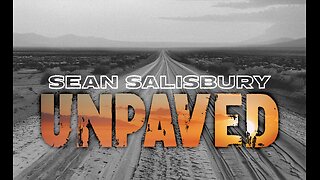 UPCOMING
UPCOMING
Sean Unpaved
31 minutes agoYardline Yarns: Giants Need Juice, Bills-Ravens Classic, Dolphins' Soft Spot & Packers Prove It
-
 DVR
DVR
Dr Disrespect
1 hour agoLIVE - DR DISRESPECT - MARVEL RIVALS, PUBG, OFF THE GRID - TRIPLE THREAT GAME CHALLENGE
4424 -
 LIVE
LIVE
Steven Crowder
3 hours ago🔴The Murder of A Ukrainian Refugee is A Tipping Point in American History
25,712 watching -
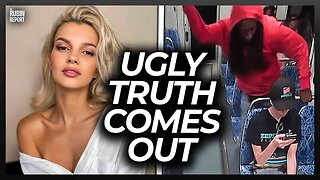 1:03:37
1:03:37
The Rubin Report
2 hours agoMedia Caught Trying to Ignore Ugly New Details of Charlotte Train Stabbing Caught on Tape
22K25 -
 LIVE
LIVE
Rebel News
22 minutes agoConservative MP rips Doug Ford, Carney's decarbonization scheme, Security cam rules | Rebel Roundup
81 watching -
 UPCOMING
UPCOMING
Badlands Media
1 hour agoThe Daily Herold: Sept. 8, 2025
640 -
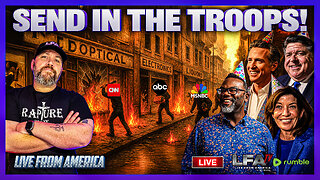 LIVE
LIVE
LFA TV
14 hours agoLFA TV ALL DAY STREAM - MONDAY 9/8/25
4,270 watching -
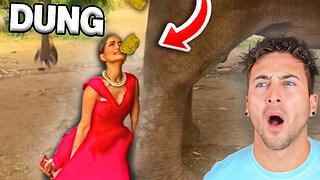 1:39:10
1:39:10
Nikko Ortiz
2 hours agoLive - Reaction Time, News, Politics, and More!
15.7K1 -
 LIVE
LIVE
The Mel K Show
1 hour agoMORNINGS WITH MEL K -Won’t Be Fooled Again? America Must Know the Hidden Truth About Post WWII Globalization 9-8-25
851 watching